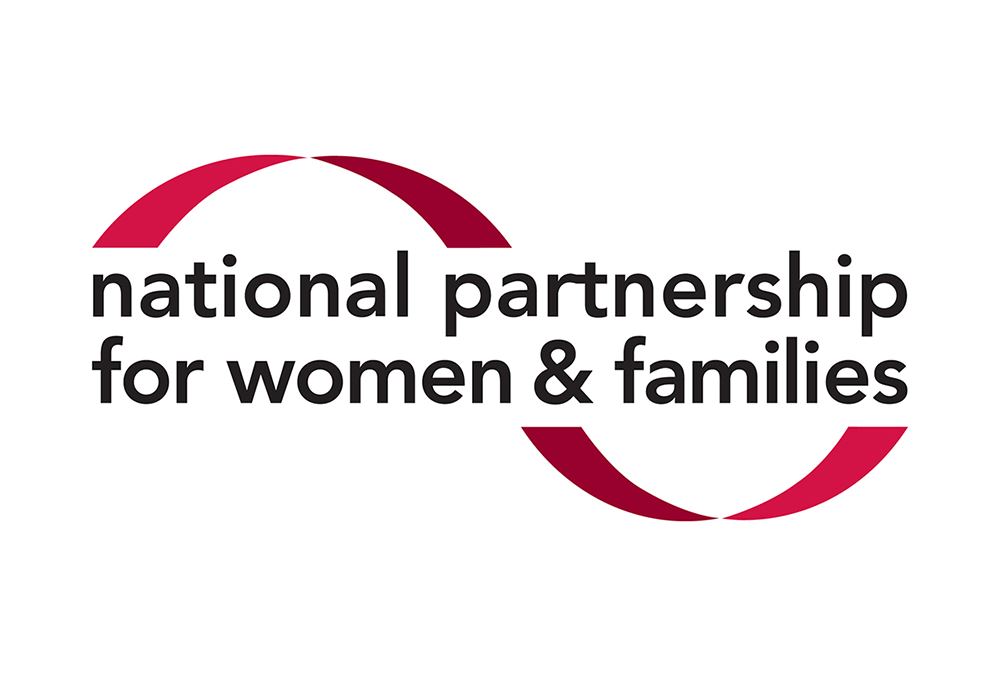New data for 2025 reveals the Trump economy is weakening the job market – especially for Indigenous and Black women.


New data for 2025 reveals the Trump economy is weakening the job market – especially for Indigenous and Black women.

Chaotic economic policies have dramatically slowed the economy – and additional damage looms.

The longest government shutdown in history is not only wreaking havoc on women’s and families’ economic security, it is harming the country’s economy. New research from the nonpartisan Congressional Budget Office estimates that if the shut down lasts through the end of November it could cost the economy up to $14 billion. That’s a lot of money – but exactly how much? Here are 6 things that you could have for $14 billion.

The delay in today’s jobs report is just the tip of the iceberg on the harms from the government shutdown.

Today’s alarming Jobs Report continues recent trends: Black women continue to bear the brunt of a dramatic economic slowdown, and newly revised data for the last few months reveal a worsening economy.

The July jobs report reveals a faltering economy – and Black women and single moms are bearing the brunt of the Trump Slump.

Caring for our loved ones and neighbors is critical, important work that our families and communities depend on – and the economic impact of this work is enormous. Americans’ unpaid care is valued at more than $1.1 trillion a year – and women do almost two-thirds of the work.

The Trump administration is wrecking the economy – and women know it. During the last nearly 50 years, women have never felt worse about how the government is handling the economy than they do under Trump and unemployment rates for Black women and veteran women are climbing.

My sister-in-law Mandy lives in a biased and ableist world that isn’t built for her, but Medicaid supports her full inclusion in society. Republicans proposed cuts could end that.

Women’s share of the veterans’ workforce is at an all-time high – but President Trump and Elon Musk’s attacks on veterans and service members threatens their employment prospects and economic security.

Today’s release of union data showed women of color and part-time workers led the gains in union membership growth in 2024. Asian women see the largest increase in union membership rates, despite little change in overall share of union membership.

Today’s jobs data show another steady month of job growth, but increasing unemployment for Black women is a warning sign – and there are major risks ahead.

Voters chose to strengthen legal protections for reproductive rights and access in seven states, including two states – Missouri and Arizona – that had an abortion ban in place. American Indian and Alaska Native women particularly saw gains.

People in the U.S. do more than $1 trillion in unpaid caregiving annually. Asian women and Latinas do the most unpaid caregiving per capita of any group.

Gender justice requires identifying and addressing inequities for all lesbian, gay, bisexual, transgender, queer, intersex and other sexual and gender minority (LGBTQI+) people.

Asian American, Native Hawaiian and Pacific Islander women face economic discrimination in the labor market and topline data fail to tell the whole story.

For Care Workers Recognition Month, we look at how caregiving jobs are faring in today’s economy – and why care work is personal for so many people.

Of the numerous economic trends filling column inches over the last few years, few have gained as much traction as the “vibecession.” But whose feelings have been driving the vibecession in the first place? In a word, men’s.

For Women’s History Month, we celebrate the progress we have made while acknowledging the persistent inequities that remain in our labor market.

January’s jobs report shows another strong job month for the economy, but persistent inequities underscore the need to center Black women in our economic policymaking.